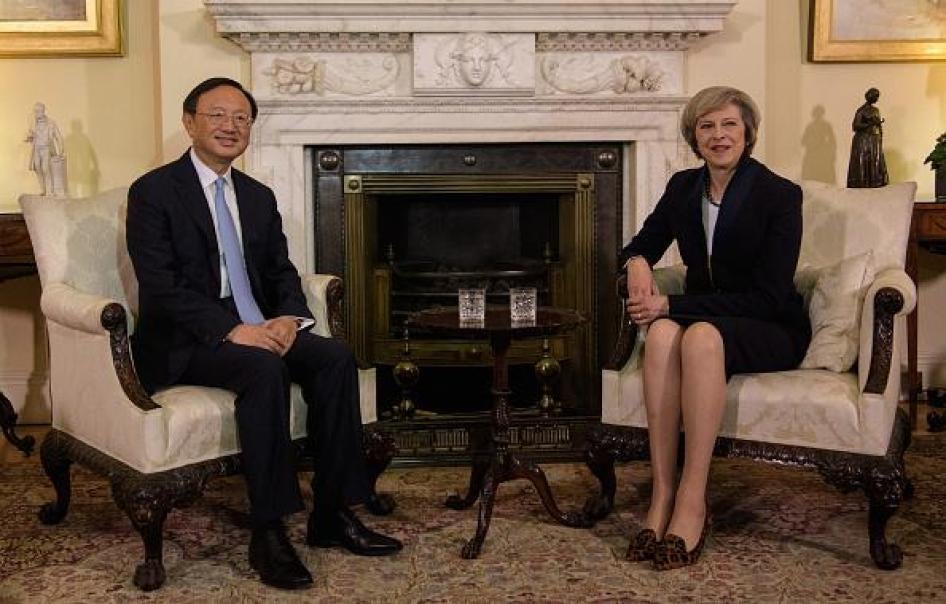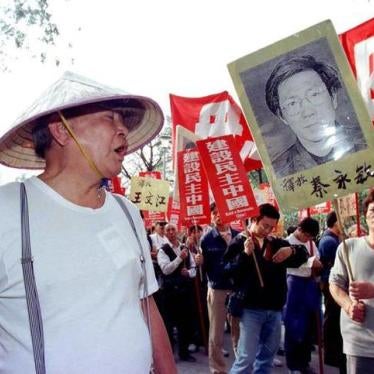It’s refreshing to hear the United Kingdom take a principled stand with China on human rights in Hong Kong. Last week, the Foreign and Commonwealth Office responded unusually quickly to the latest news of Hong Kong authorities’ repressive actions, a threat to ban the pro-independence Hong Kong National Party.
“The rights to stand for election, of free speech and of freedom of association are enshrined in the Basic Law,” stated the UK government, and “Hong Kong’s high degree of autonomy, and its rights and freedoms, are central to its way of life.”
This is a considerable improvement on past statements, which “welcomed” disingenuous Chinese commitments to universal suffrage, or gave flattering commentary on China’s human rights record.
The key question now is whether Jeremy Hunt, the UK’s new foreign secretary, will publicly and privately press this or other violations of the Basic Law, Hong Kong’s quasi-constitution, or the 1984 Sino-British Joint Declaration, on his first official visit to Beijing for the 9th UK-China Strategic Dialogue next week.
In June, Hong Kong’s semi-independent but increasingly Beijing-pressured Legislative Council approved a plan to allow China to carve out a part of Hong Kong’s territory where Chinese – not Hong Kong’s – law will apply. Although the plan could present a clear strategic challenge to the UK’s interests in Hong Kong, akin to erosions of democracy through the legal system or of free expression through limitations on the press, the UK confined its commentary to a semi-annual report, and merely “urge[d]” mainland and Hong Kong authorities to abide by the Basic Law.
As the recent release of activist Liu Xia demonstrates, Beijing will bend in response to consistent public and private interventions on human rights. During her February visit to China, Prime Minister Theresa May managed only private interventions on two individual cases, prompting Chinese state media to praise her for not “mudslinging over human rights.” The Foreign and Commonwealth Office’s statement on Hong Kong lays the groundwork for the UK foreign minister, who should aspire to reassure people in Hong Kong and the mainland that the UK’s commitment on human rights is genuine.









